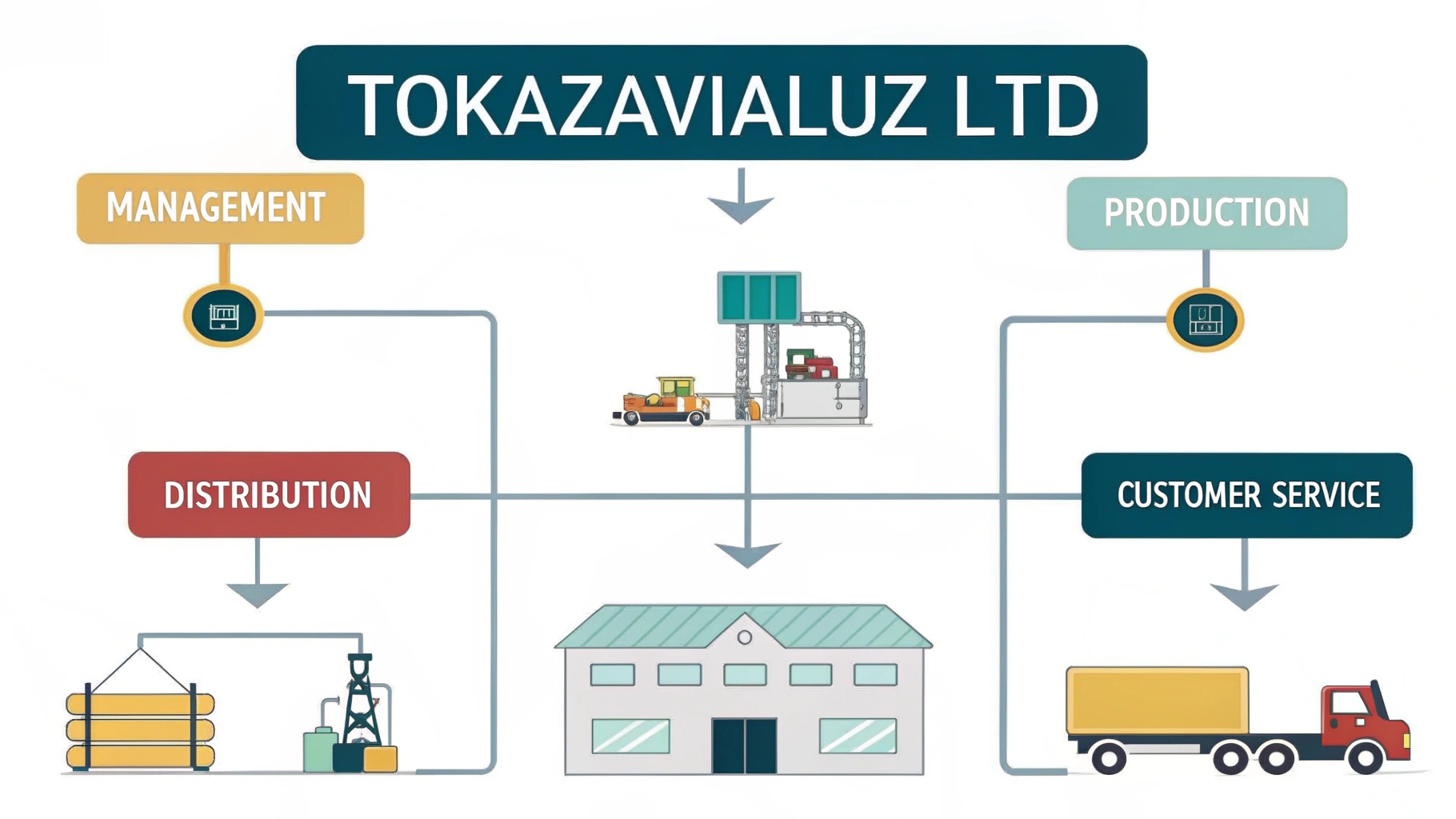Earning an online accredited MBA can help professionals refine their expertise and increase their earning potential. Master of Business Administration (MBA) programs teach business skills and focus on analyzing data to make informed decisions. Programs with concentrations in data analytics, business intelligence, or quantitative analysis teach students to extract and interpret data to gain actionable insights. Here are some reasons data analysis is necessary in an online MBA program:
Make Evidence-Based Decisions
Analyzing data allows MBA graduates to support their decisions with evidence rather than intuition. By identifying trends, patterns, and relationships, professionals can get an overview of organizational performance. Online MBA courses teach data-gathering skills such as surveying employees and customers and reviewing business performance metrics. Analytic models simulate different scenarios to predict outcomes, providing businesses with data to reduce uncertainty. With a data-focused approach, MBA graduates decipher objectives and develop data-supported strategies.
Measure Progress Against Performance Indicators
Businesses rely on data to track their progress toward goals and KPIs. MBA graduates use analytic techniques to define metrics aligned with an organization’s objectives. They implement data collection processes to monitor indicators over time. Statistical and visualization software helps online MBA students detect deviances from accepted norms or benchmarks that indicate the presence of underlying issues. Metrics may include sales growth, market share, product quality, customer satisfaction, and employee engagement. Data-literate MBA graduates evaluate data to guide day-to-day management and long-term planning efforts.
Respond to Changing Conditions
Access to real-time data allows professionals to shift tactics when the business landscape evolves. Embedded monitoring detects issues before they become significant enough to impact operations. Analytics can provide information on peak periods, supply shortages, or operational inefficiencies. When students practice identifying these issues, they will be able to respond faster and with more precision in their future professional roles. To develop strategic agility, students practice scenario planning to develop contingency plans for unexpected events. This helps minimize exposure to potential adverse effects. Online accredited MBA programs with data courses emphasize adapting data-driven strategies to increase an organization’s resilience and competitiveness.
Gain Competitive Intelligence
Analyzing industry and competitor data helps business professionals retrieve actionable insights. Data-trained MBA students mine news reports, financial statements, and patent filings to infer competitors’ strategies, capabilities, and vulnerabilities. Social media monitoring helps them gauge consumer sentiment around brands, products, and experiences. Benchmarking peer metrics highlights performance gaps and opportunities. Organizations can stay ahead of their competition by integrating competitive intelligence into their future planning.
Evaluate Market Statistics
Data analysis skills allow MBA students to identify interconnected business functions and external factors. Students may measure data like supply chain efficiency, marketing ROI, customer satisfaction drivers, and financial indicators. Longitudinal studies reveal how external factors like economic conditions, regulations, or evolving customer preferences impact performance. Advanced analytic methods illuminate cause-and-effect relationships within operating environments. This holistic perspective lets data-driven MBA program participants identify risks, opportunities, and synergies across business capabilities.
Bring Products to Market Faster
Analytics accelerate time-to-market for new products. Data-based MBA programs help students assess the opportunity size and variants that are likely to result in the most positive returns for products. They’ll learn how organizations can shorten development cycles by optimizing resource allocation and workflow automation. Load demand forecasts also promote precise production scheduling, helping organizations release innovative products faster.
Improve Customer Experience
Data literacy helps leaders analyze call center logs, web traffic patterns, and social media conversations to uncover what buyers want, need, and complain about most. Practicing text mining allows MBA students to identify recurring themes. Assessing heat maps reveals ideal site navigation paths and content page interest, and predictive modeling evaluates which consumers are most likely to engage in a particular behavior based on their past data history. With these advanced data analysis skills, MBA graduates optimize operations to improve customer experiences.
Enroll in an Online Accredited MBA Program
Look for an online accredited MBA program with data analysis and visualization courses. These programs help you gain proficiency in quantitative methods and interpretation to make more strategic decisions. Strengthen your data analytics competency by enrolling in an MBA program today.





